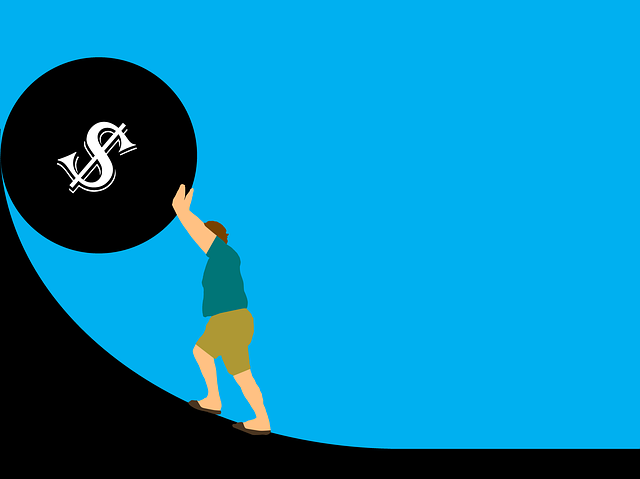When considering debt consolidation loans for consolidating credit card debt, it's key to understand the distinction between secured and unsecured options. Secured loans, backed by assets, offer lower rates but risk asset forfeiture upon default. Unsecured loans, lacking collateral, provide flexibility but come with higher interest rates. For substantial assets, secured loans might be suitable due to potential cost savings. Without significant assets, unsecured loans offer adaptability despite higher initial costs. Evaluate your financial health, compare offers, and thoroughly understand loan terms before consolidating to make an informed decision tailored to your risk tolerance.
Considering consolidating your credit card debt? You’ve got options: secured or unsecured loans. Secured loans require collateral, offering potentially lower rates but higher risk. Unsecured loans are easier to qualify for, with no collateral needed, yet usually come with higher interest rates.
This guide breaks down the pros and cons of each, helping you navigate the best debt consolidation strategy for your financial situation and consolidate credit card debt wisely.
- Understanding Secured and Unsecured Debt Consolidation Loans
- Benefits and Considerations of Each Loan Type
- Strategies for Choosing the Best Debt Consolidation Option for Your Situation
Understanding Secured and Unsecured Debt Consolidation Loans
Debt consolidation loans are a popular tool for managing and reducing debt, offering individuals a streamlined repayment plan. However, it’s crucial to understand the distinction between secured and unsecured options. Secured loans require collateral, often in the form of an asset like a house or car, which serves as protection for the lender. If you fail to repay, they have the right to seize this asset. Unsecured loans, on the other hand, don’t require collateral but come with higher interest rates because of the increased risk to the lender.
Secured debt consolidation is ideal when you have significant equity in an asset and can handle the potential consequences of default. It often results in lower interest rates and fixed monthly payments, making it easier to budget. Unsecured loans are preferable for those without substantial assets but may need flexibility and higher initial outlay. When considering consolidate credit card debt, evaluating these factors is essential to make an informed decision that aligns with your financial goals and risk tolerance.
Benefits and Considerations of Each Loan Type
When considering debt consolidation loans, understanding the differences between secured and unsecured options is key to making an informed decision, especially when aiming to consolidate credit card debt. Secured loans are backed by collateral, often a person’s home or vehicle. This provides lenders with a safety net, allowing them to offer potentially lower interest rates and more favorable terms. However, borrowers must be cautious as they risk losing their asset if they fail to repay the loan. On the other hand, unsecured loans do not require collateral, making them an attractive option for those seeking convenience. With no assets at stake, these loans often come with higher interest rates but offer the advantage of flexibility and no potential loss of personal property.
For individuals looking to consolidate credit card debt, secured loans might be suitable if they have substantial equity in their homes or vehicles and can commit to strict repayment terms. Unsecured loans, conversely, are ideal for those with limited assets or a need for more adaptable repayment options. Regardless of the chosen type, borrowers should carefully evaluate their financial situation, compare loan offers, and ensure they fully understand the terms and conditions before consolidating their debt.
Strategies for Choosing the Best Debt Consolidation Option for Your Situation
When deciding on consolidating your credit card debt, understanding both secured and unsecured loan options is key. Each has unique benefits and considerations, with secured loans offering potential for lower interest rates but requiring collateral, while unsecured loans provide flexibility without the need for security. By carefully evaluating your financial situation and choosing the right type of consolidation, you can take control of your debt and work towards a more stable financial future.
